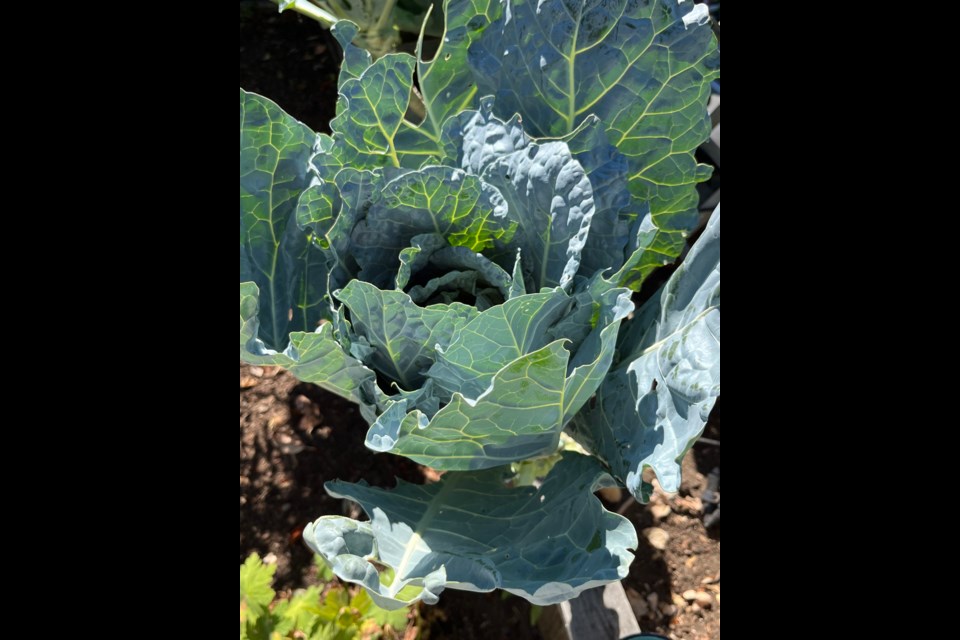Food advice and trends may be hard to follow and confusing at times, but there is one thing many doctors, nutritionists and even the Canada Food Guide can agree on, incorporating more plants, beans and legumes into a diet turns out to be a straightforward way to improve health. Other benefits include affordability and mitigating environmental impacts.
Nutrition month
March is nutrition month in Canada. Federal minister of health Mark Holland stated that: "This month we celebrate the important role dietitians play in helping us achieve good nutrition, as well as the benefits of making healthy eating choices to improve our quality of life."
Registered holistic nutritionist and plant-based chef Emma Levez Larocque became a vegetarian and then vegan more than 30 years ago, initially because of learning about factory farming in university at an environmental club meeting. Larocque's sister, who was also becoming a vegetarian at the time for health reasons, led her down the path to learning how to cook nutritious, plant-based foods.
Eating a variety of foods
"I learned about eating in a completely different way, and then over the years, I started to learn about the environmental impacts of animal agriculture, then the last piece for me, which is sort of backwards to a lot of people, was the health piece," said Larocque. "Most of the people I work with are not necessarily wanting to be vegan, but they want to eat more plant foods."
Whole-foods diet
In a 2021 study published in the National Library of Medicine that looked at the impact of whole foods and plant-based nutrition intervention on patients living with chronic disease found that the whole-foods, plant-based dietary pattern has been shown to prevent and reverse multiple chronic medical conditions.
"No matter what people do, if they're integrating more plant-based foods, you will not find any disagreement [by nutritionists or dieticians] on the fact that it is a good thing to add more vegetables or plant foods," said Larocque. "There are many credible resources out there that can help point people in the right direction, but the biggest thing is to stay open-minded and start exploring and trying some new recipes."
Larocque suggested a good place to start is to add a big salad to your day, or include a green smoothie with a quarter cup of beans as a way to add fiber.
"There is a very friendly [vegetarian/vegan] community here [in qathet], and there are lots of vegans and vegetarians here with great resources for people locally," said Larocque.
Traditional eating
Many traditional communities around the world have embraced whole-food diets for generations, depending on their environment. In Okinawa, Japan, they have some of the world's oldest and healthiest elderly populations. According to researchers who studied the Okinawan diet, they found that it’s whole plant foods, not fish, that make up 90 per cent of the traditional Okinawan diet. Less than one per cent of the diet was fish; less than one per cent was meat; and less than one per cent was dairy and eggs. Most of the diet was based on vegetables and beans, with the most calories coming from purple and orange sweet potatoes.
Plants have positive impact
"I definitely have seen a lot of people in my classes who have seen positive impacts on their blood pressure, their cholesterol levels and diabetes," said Larocque. "These are the same benefits that have been documented by studies done by Physicians Committee for Responsible Medicine with very credible doctors, so, it's not rocket science; we're not seeing anything that other medical professionals aren't seeing and that's why it's becoming more mainstream."
Beans are affordable
Food affordability is also a concern for many, and one ingredient Larocque recommends adding to the pantry is bulk, dried beans. They are one of the most affordable and nutritious ingredients to include in everyday meals, she said.
"Generally, the thing that I really love about a whole foods, plant-based diet is that no matter what you're dealing with in your life, everything from anxiety to heart health, to immune problems, it all comes down to eating more leafy green vegetables, legumes and beans," added Larocque.
Vegetable forward
For a majority of people, plant-forward eating may help improve their overall health, but some folks with allergies, specific health concerns, and/or are on a doctor recommended diet, should consult their health-care provider or dietician before embracing a change in lifestyle.
To watch Larocque's Youtube channel and episode 31 of: In My Plant-Based Kitchen, go to Plant Based R.H.N.
Join the Peak’s email list for the top headlines right in your inbox Monday to Friday.




